The Xiaomi SU7 gives us our best look at what the Apple Car could have been
Phone maker turned auto maker
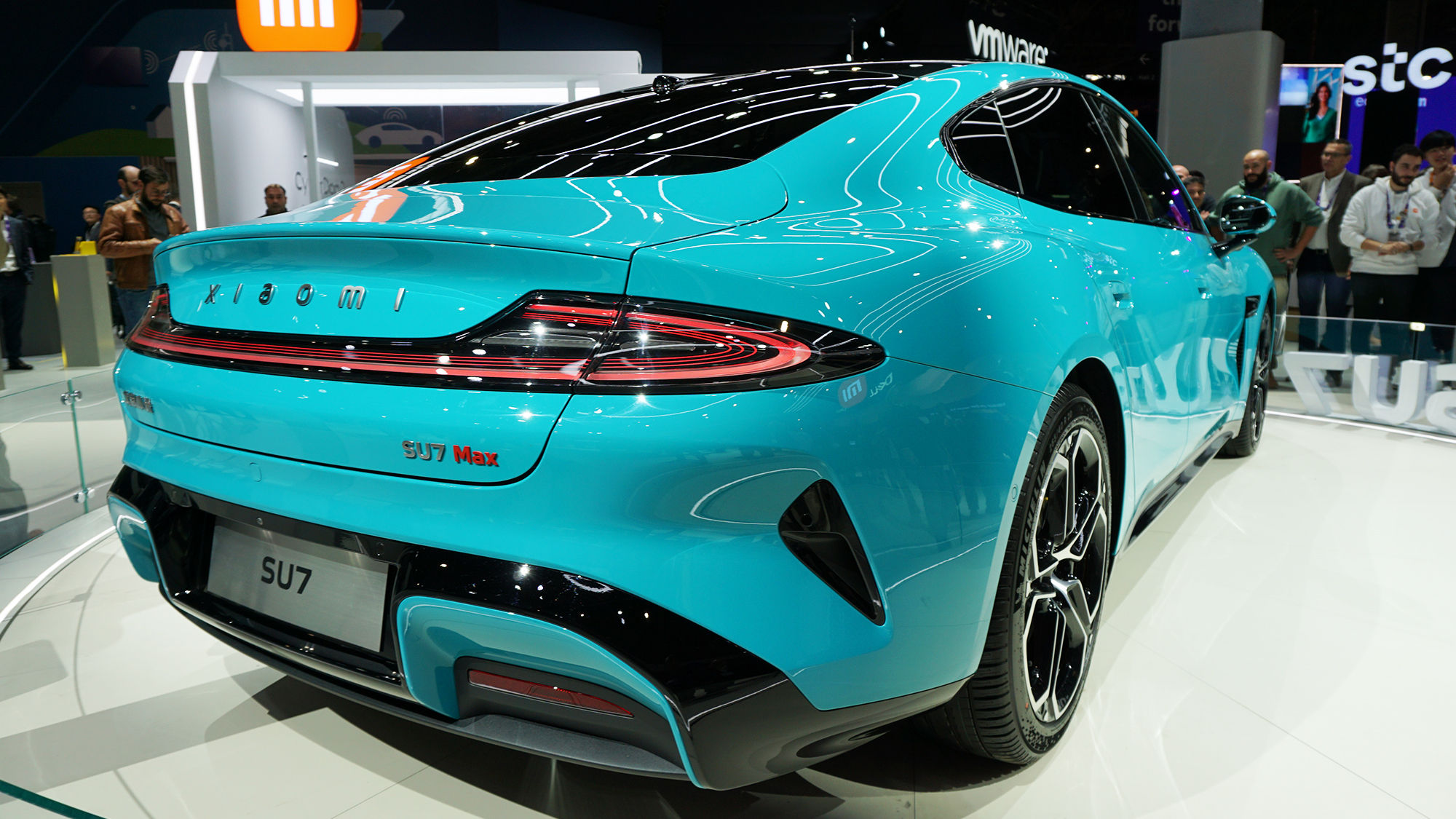
Apple is rumored to have laid to rest its long-running Project Titan, the initiative to build its first ever EV (electric vehicle). With that, any sense of what happens when a smartphone maker turns its hand to a car died, or at least it would have if it weren't for Xiaomi, who showed off its debut EV – the Xiaomi SU7 – at MWC 2024.
While the tech giant – known for everything from air fryers and robot vacuums, to its latest series of Xiaomi 14 smartphones – announced the SU7 in late December 2023 in China, it used MWC to herald the car's expansion to new markets across Europe; serving as the first ever EV from a phone maker to release internationally.
By comparison, Apple had reportedly been working on Project Titan for about a decade, opted to build the entire automotive platform in-house (rather than partnering with an existing automaker) and had set (a revised) launch window of 2026, before throwing in the towel. The SU7 is a collaboration between Xiaomi's recently-established automotive division – Beijing Xiaomi and Beijing Automotive Industry Holding Co. Ltd (BAIC), which has, in the past, created vehicles in collaboration with the likes of Bosch and Huawei.
An engineering prototype of what would eventually become the SU7 was up and running by the halfway point of 2022, before the first images of the production vehicle – initially known by its codename, the 'MS11' – first surfaced on Chinese social media in January 2023. Even so, Xiaomi's EV efforts have come to fruition in a markedly shorter time scale than Apple's automative endeavor was able to progress even part way, and the results aim to impress.
While we may never know what exactly the Apple Car would have offered consumers, there's no question that it would have served as a new platform for Apple to push its content and app ecosystem upon users, while also offering up competitive road-going specs, tailored to take on US market leaders, like Tesla.
In much the same way that Xiaomi tiers its flagship phone series between standard 'Pro' and 'Ultra', the SU7 also comes in various guises, with the powertrain being the biggest differentiator. On the international stage, buyers will have the choice of the single motor Xiaomi SU7 and the dual motor, all-wheel-drive SU7 Max (pictured), which boasts an impressive set of numbers, including 220km of range from just five minutes charge time, a max range of 800km, a 0 to 100km/h acceleration of just 2.78 seconds, and a 265km/h top speed.
Beyond assistive driving technologies like lidar, radar and 11 high definition cameras, the aspect of the SU7 that most closely echoes what could have been the defining element of the Apple Car experience is the company's newly-launched HyperOS.
Sign up for breaking news, reviews, opinion, top tech deals, and more.
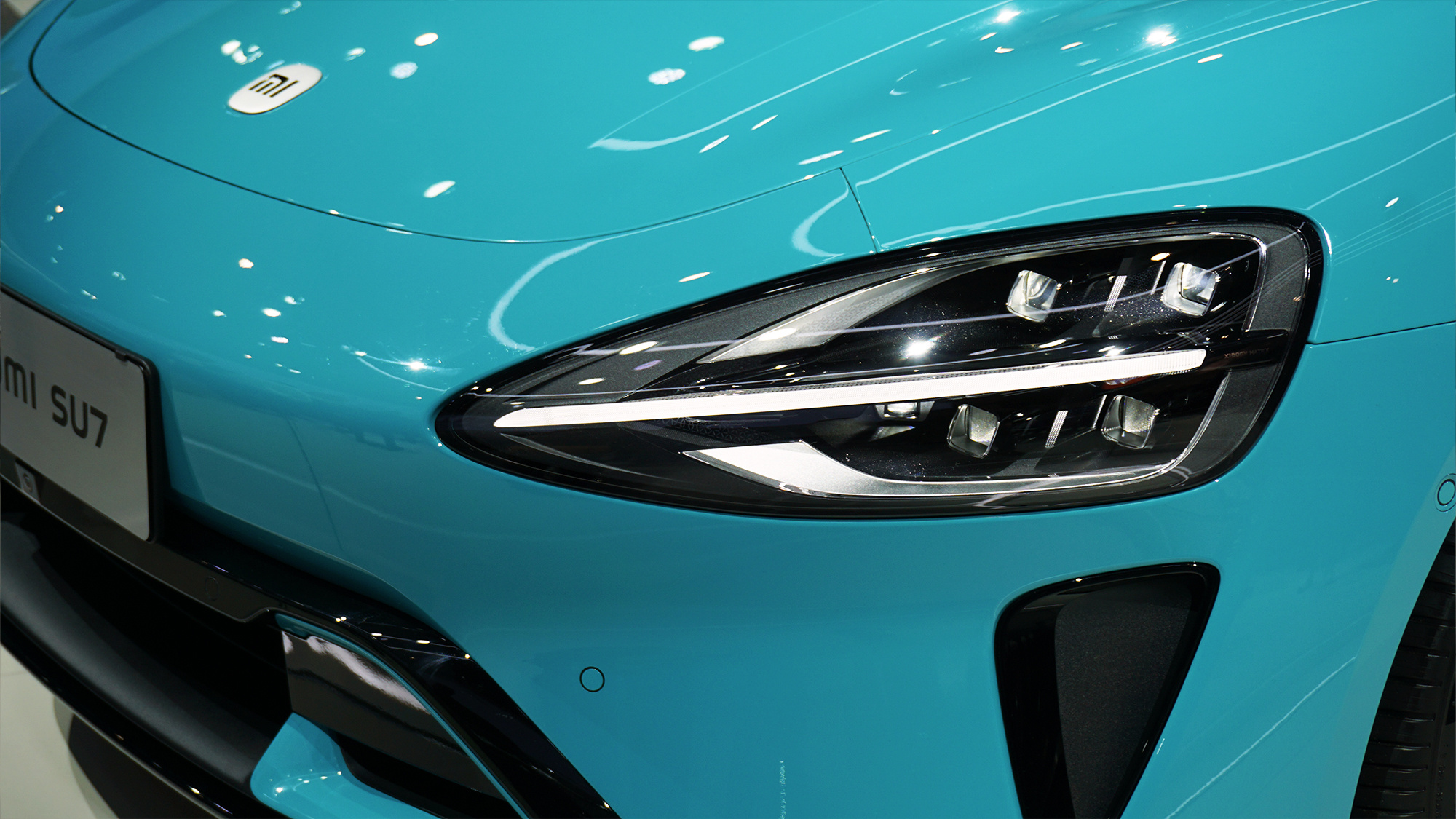
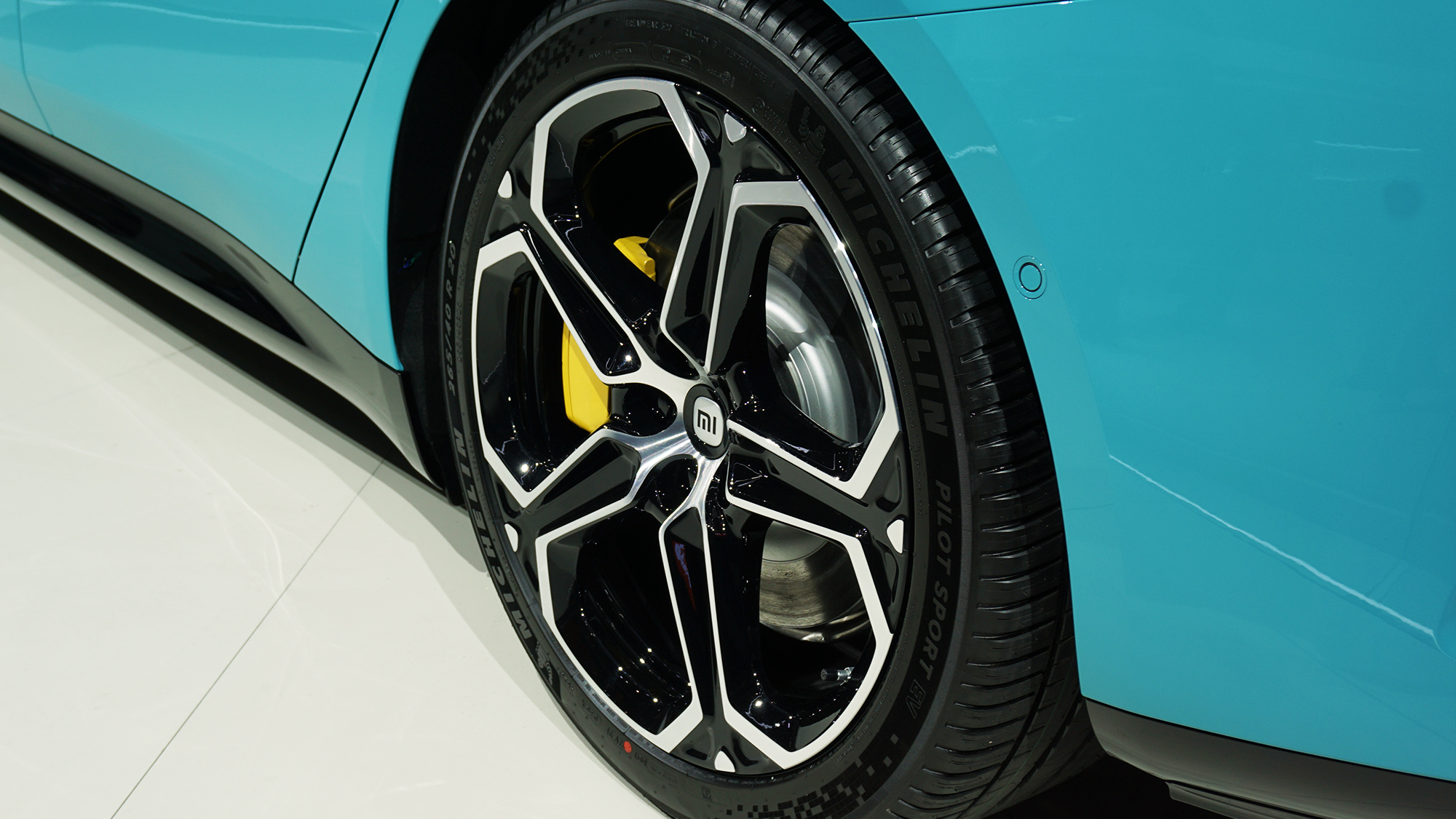

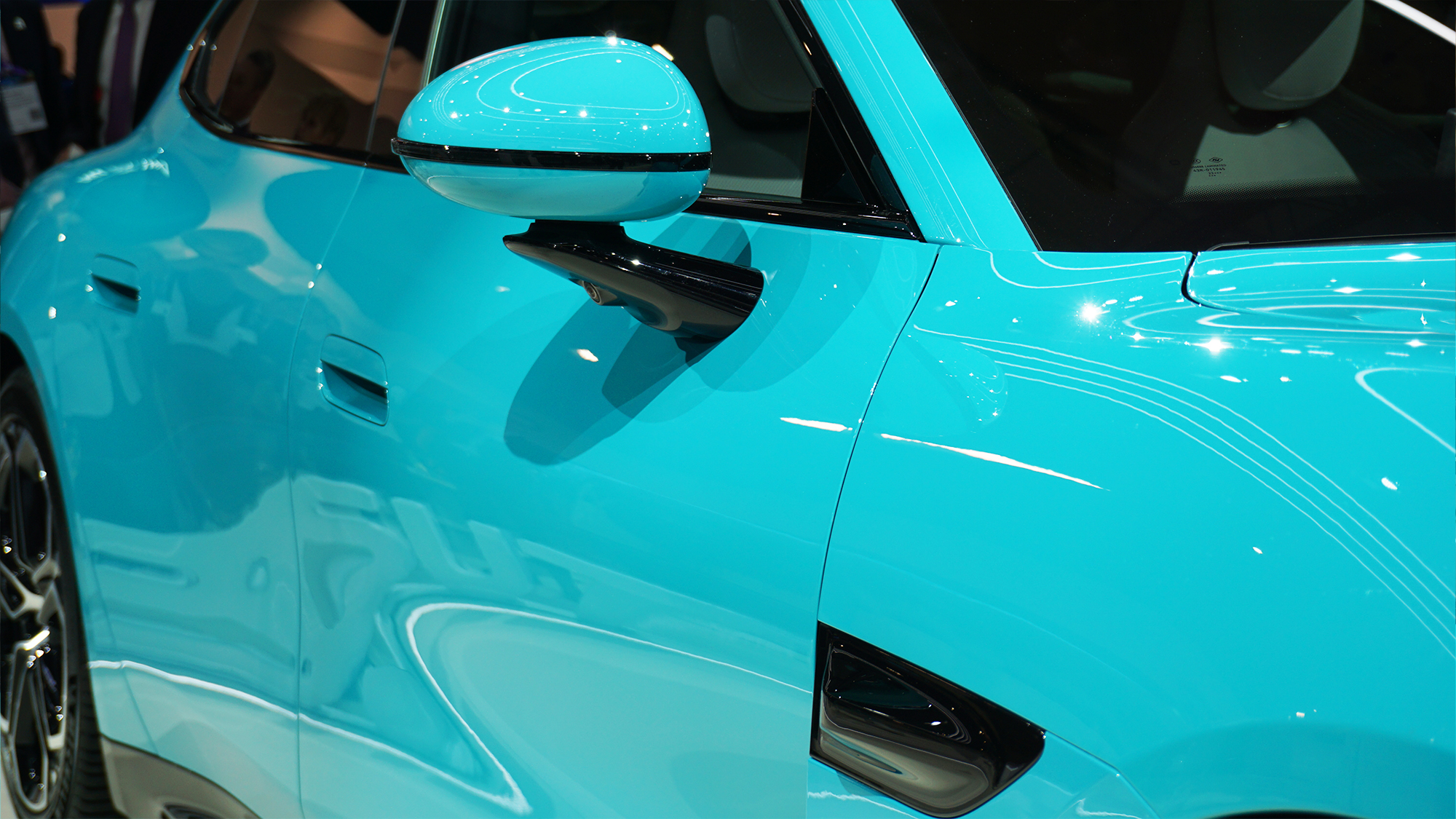
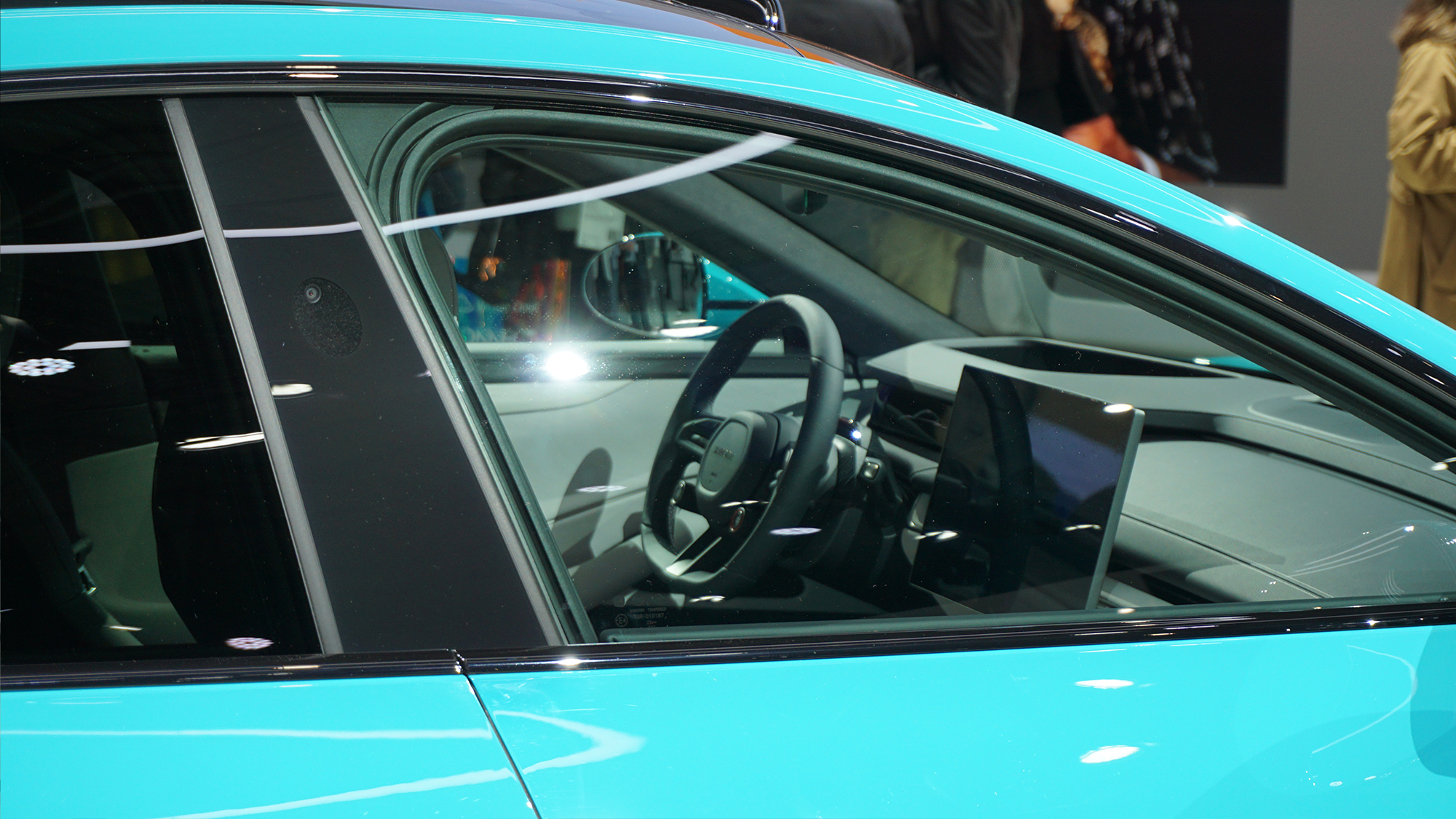
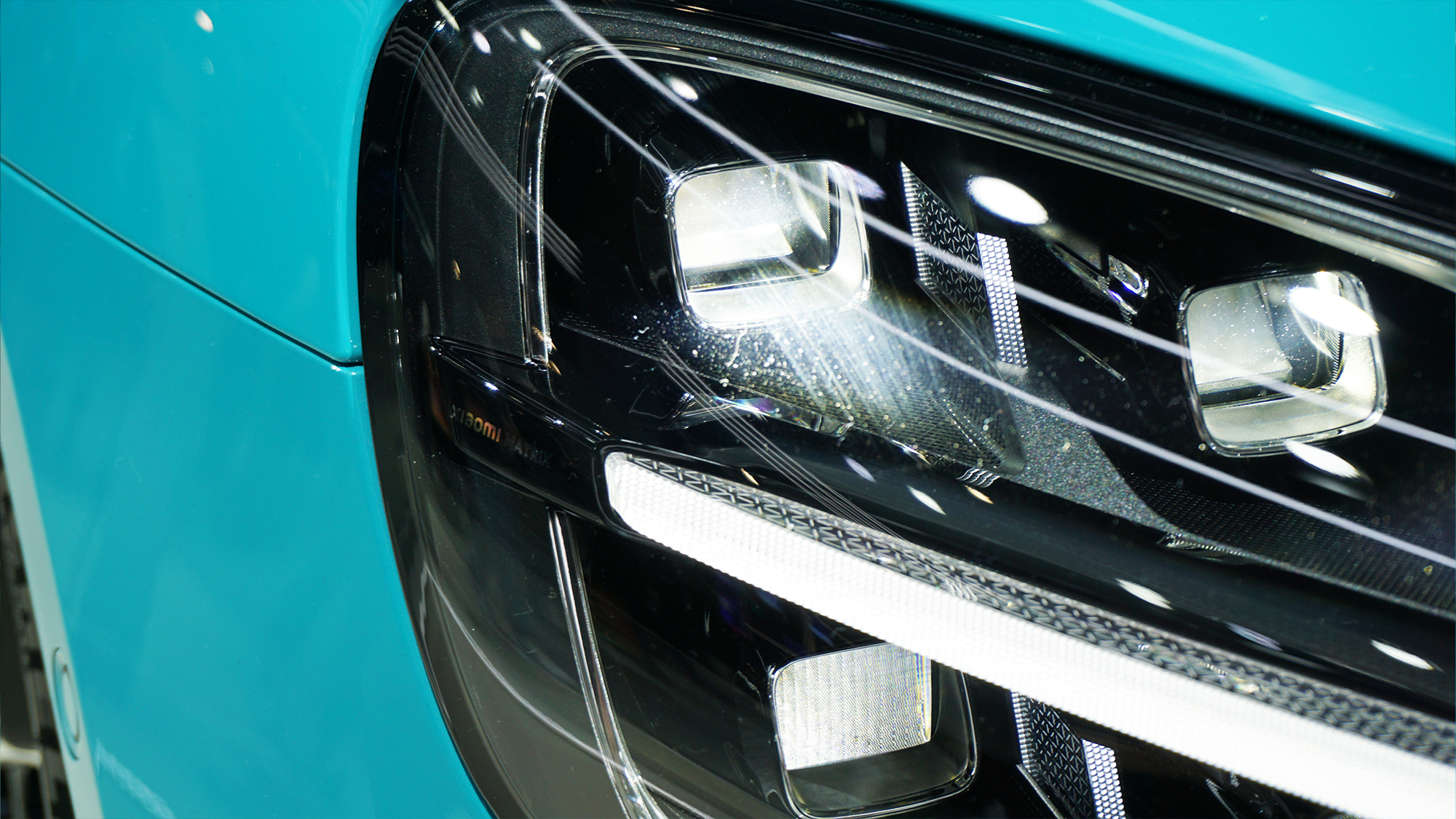
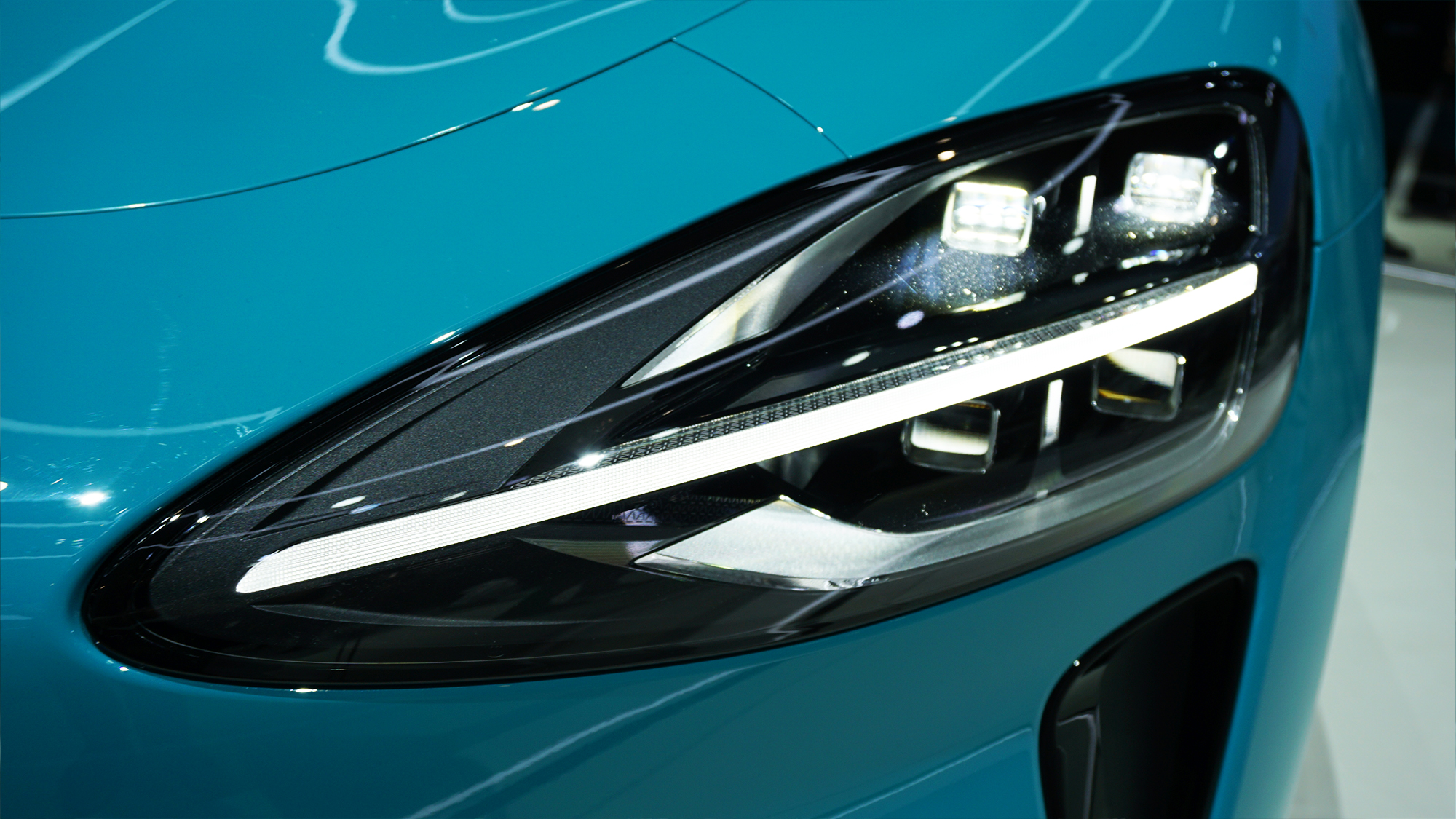
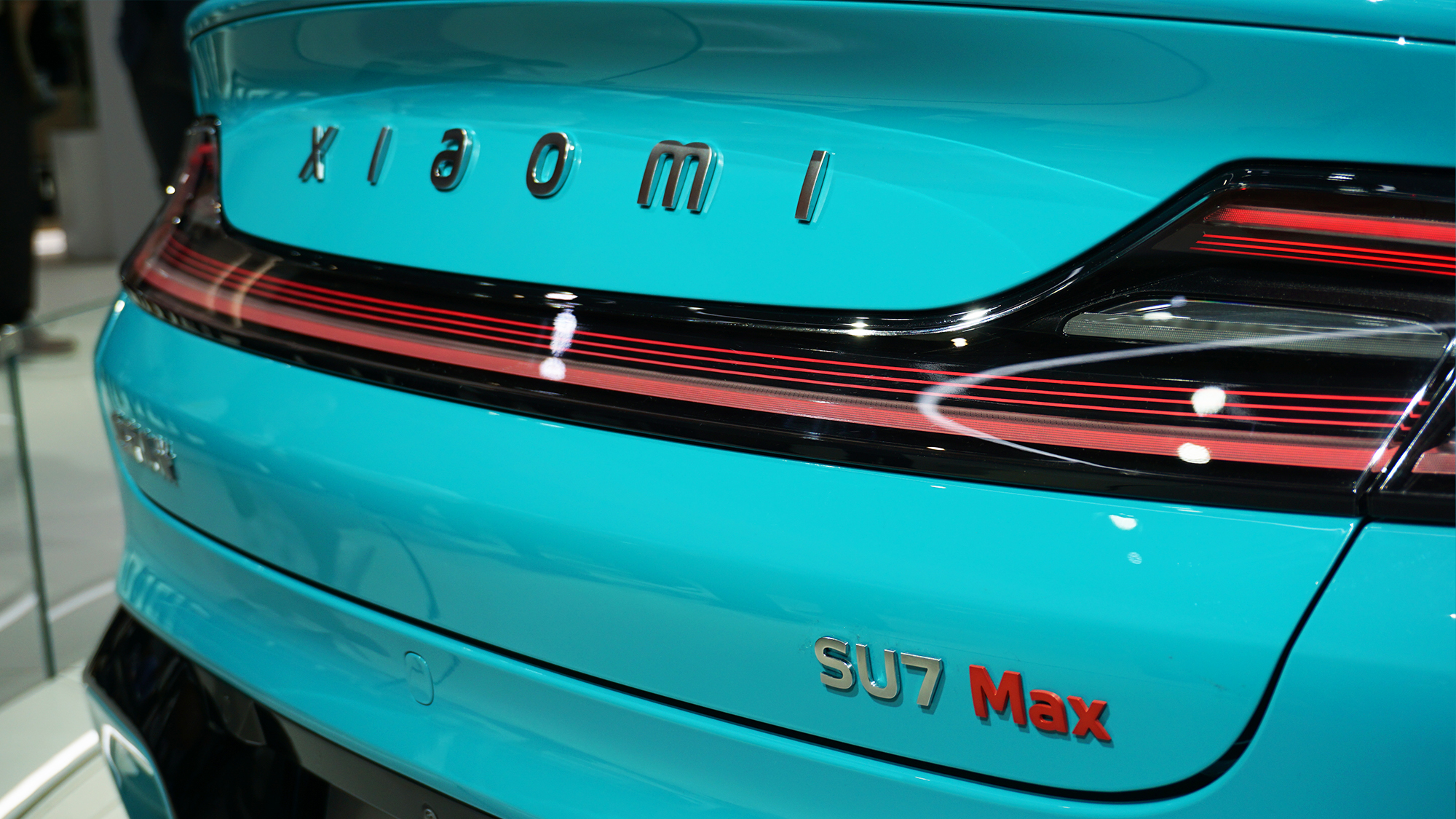
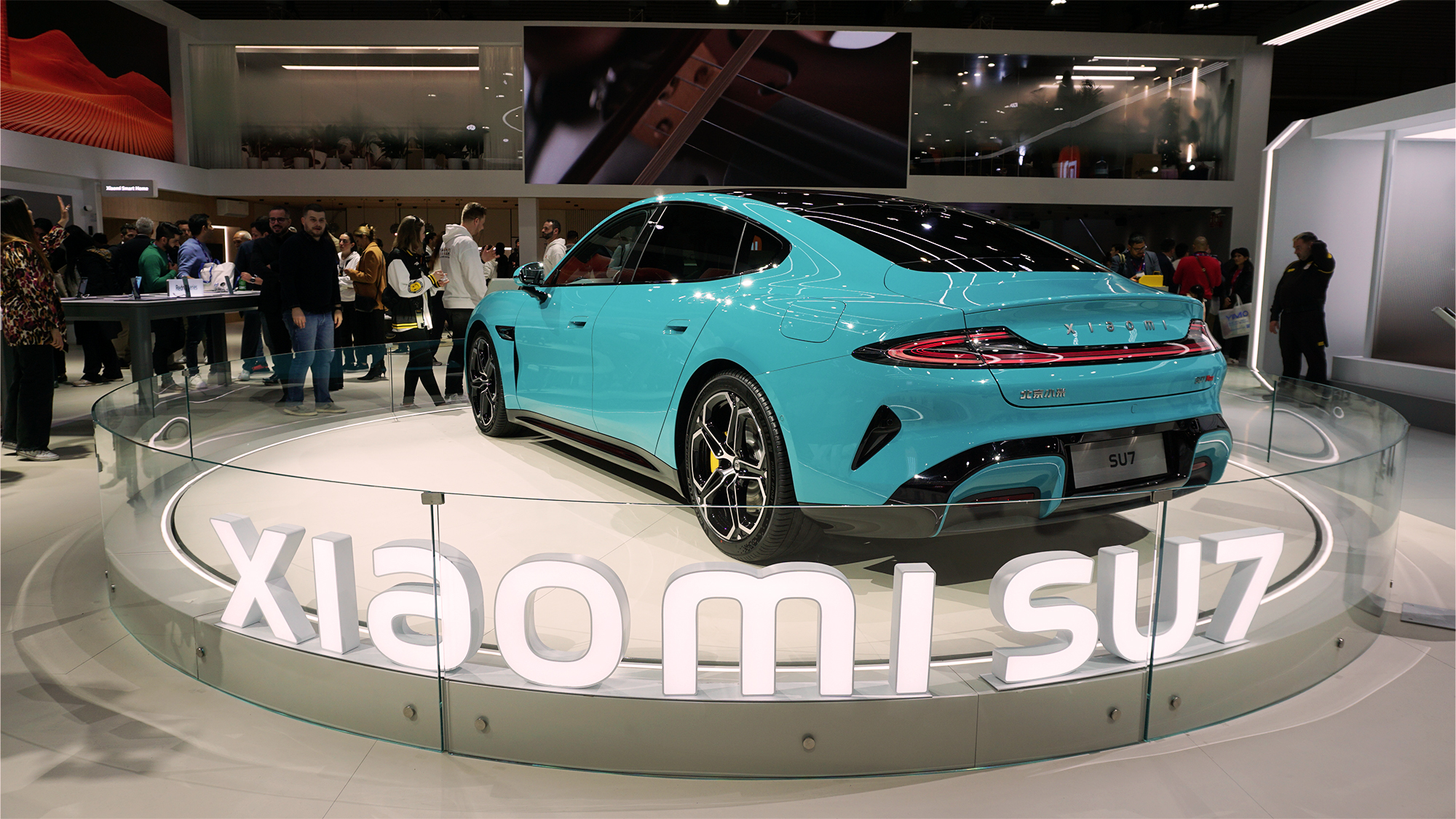
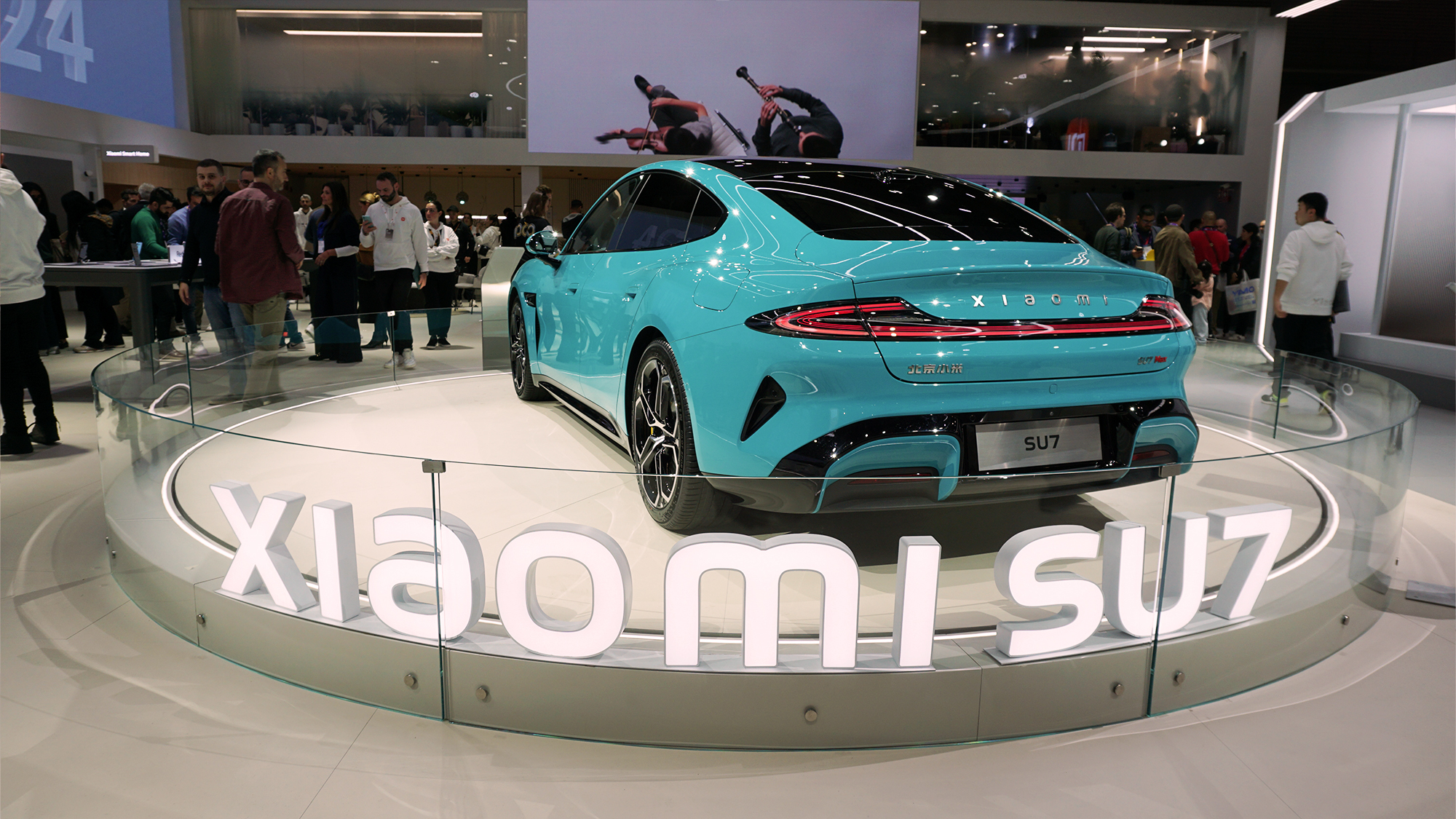
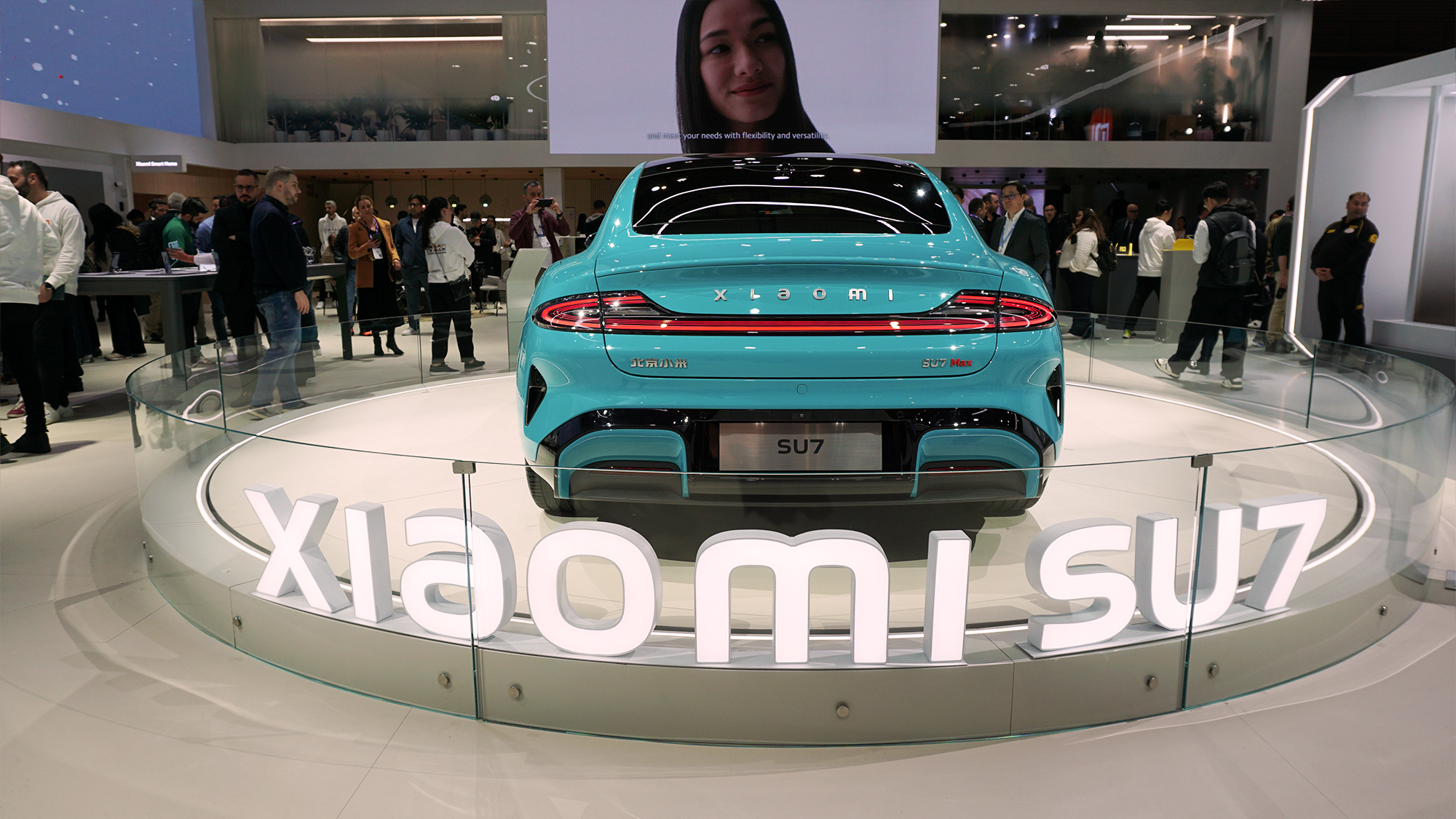
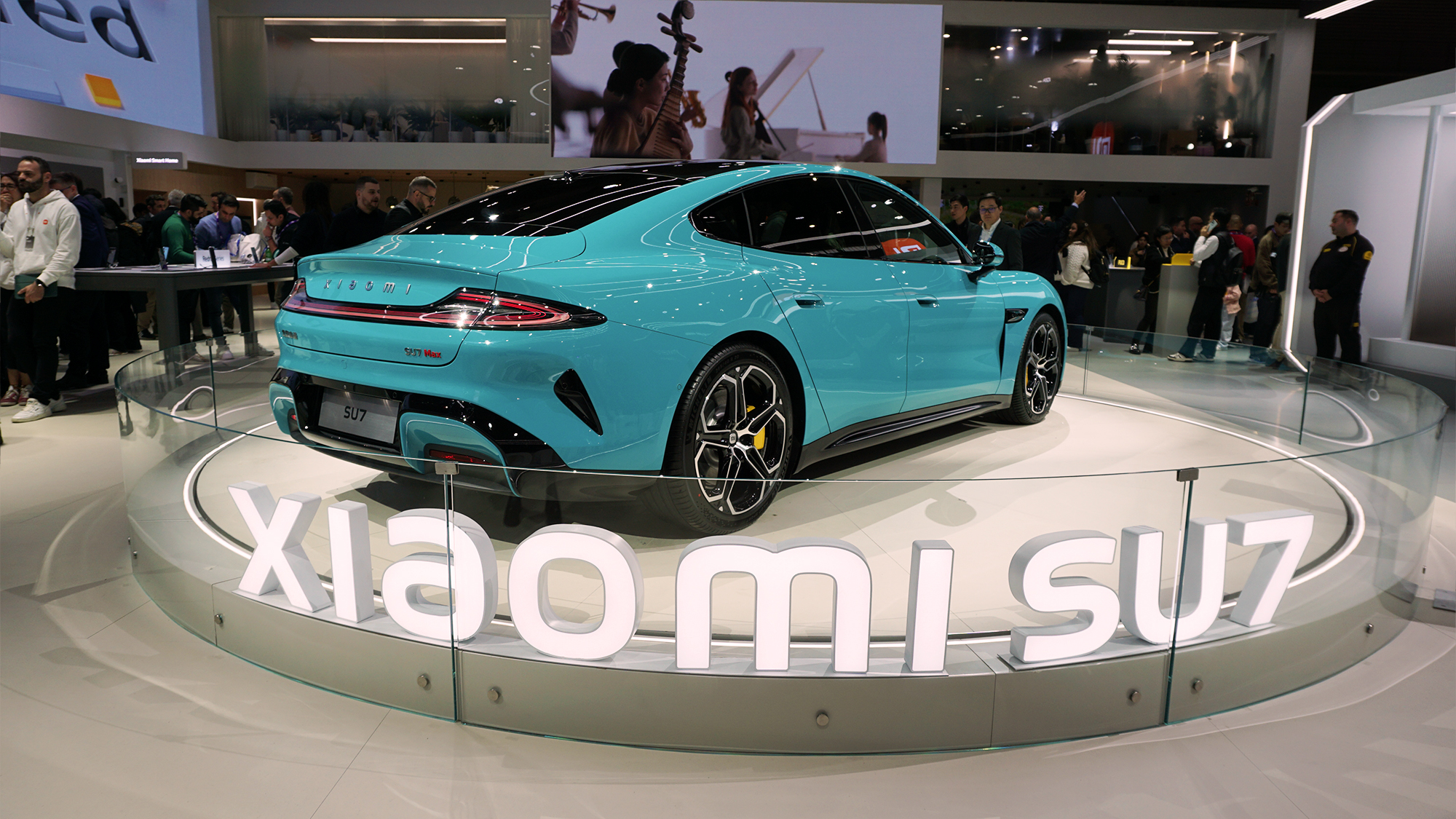
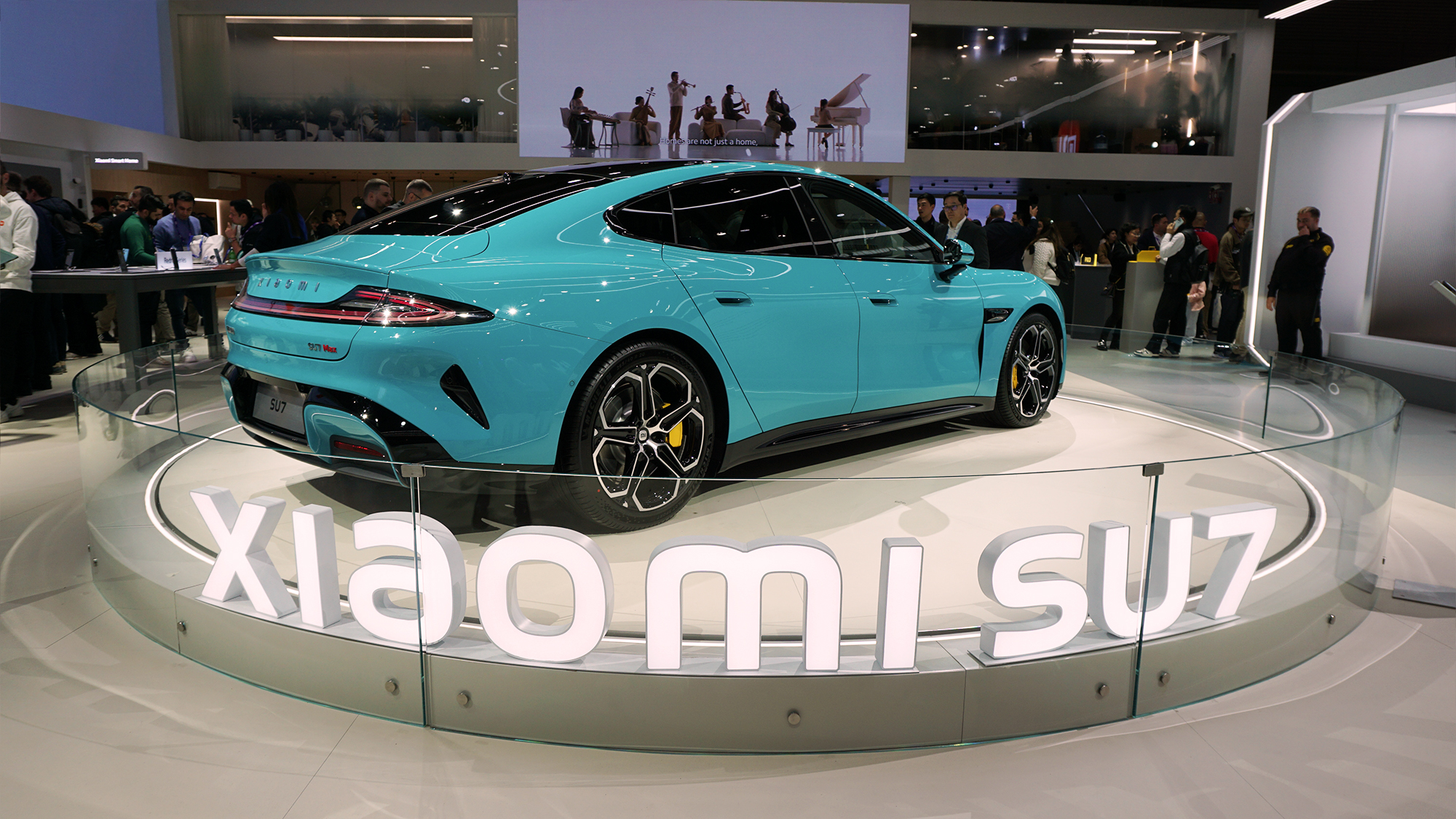
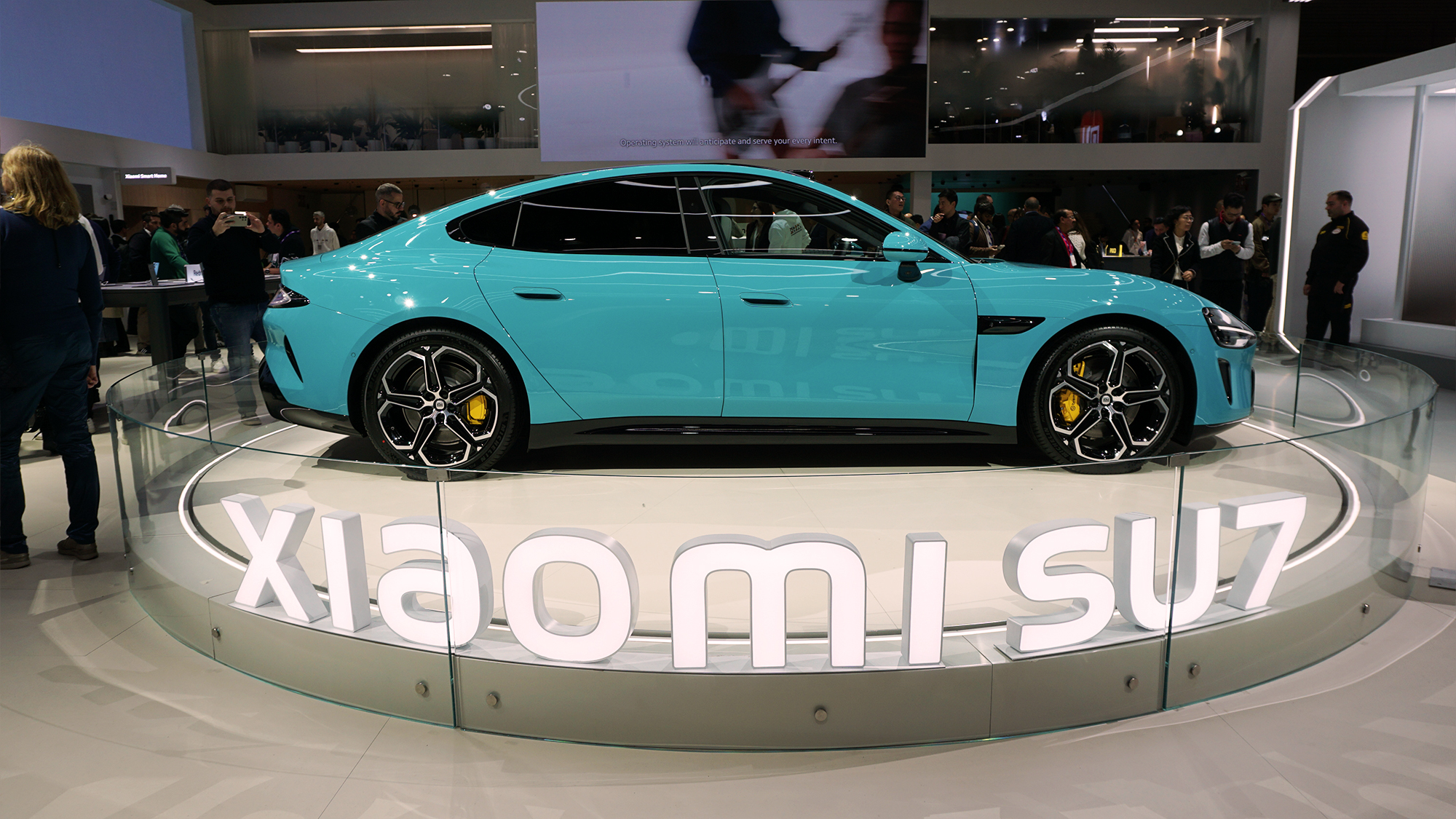
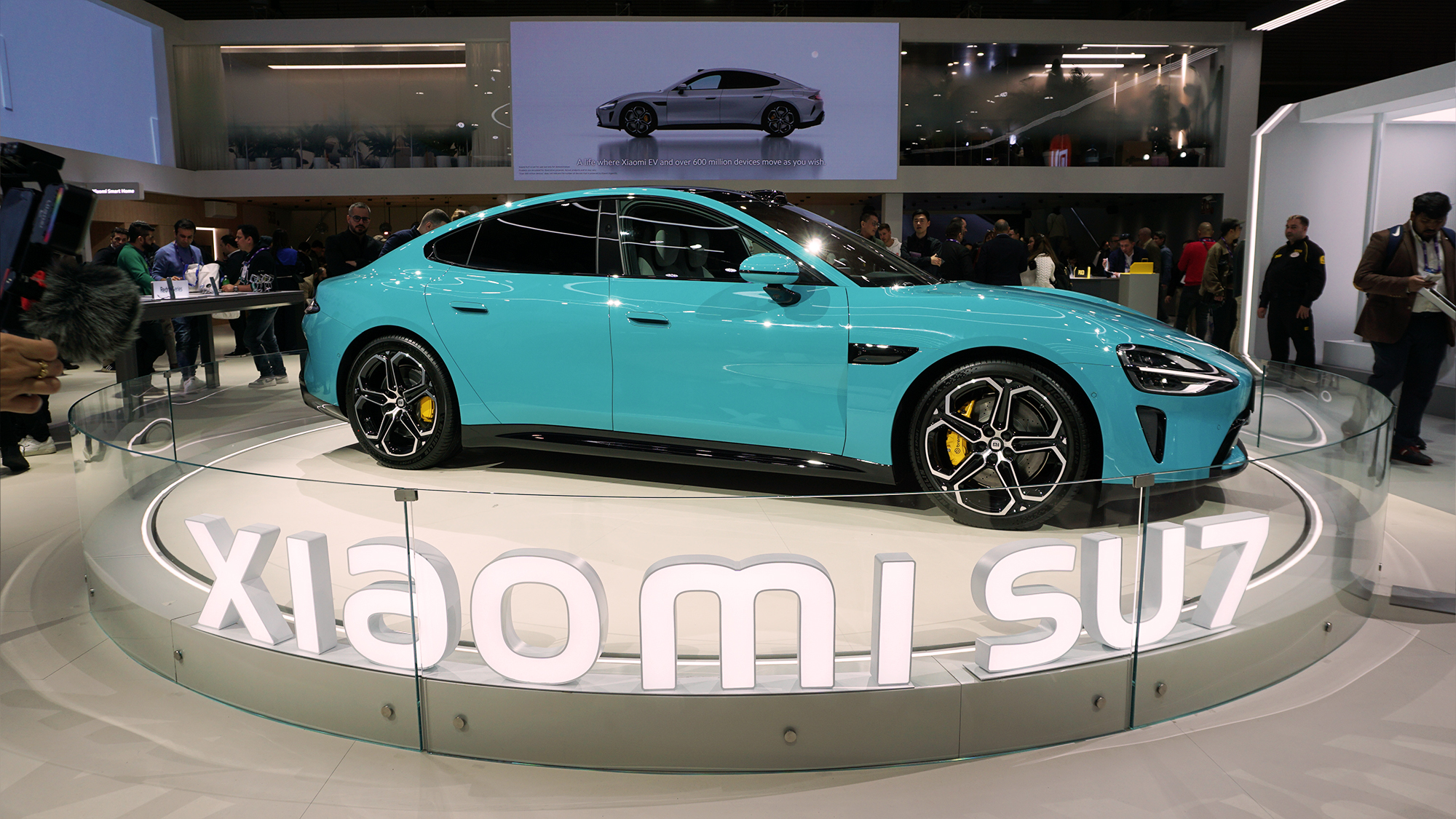
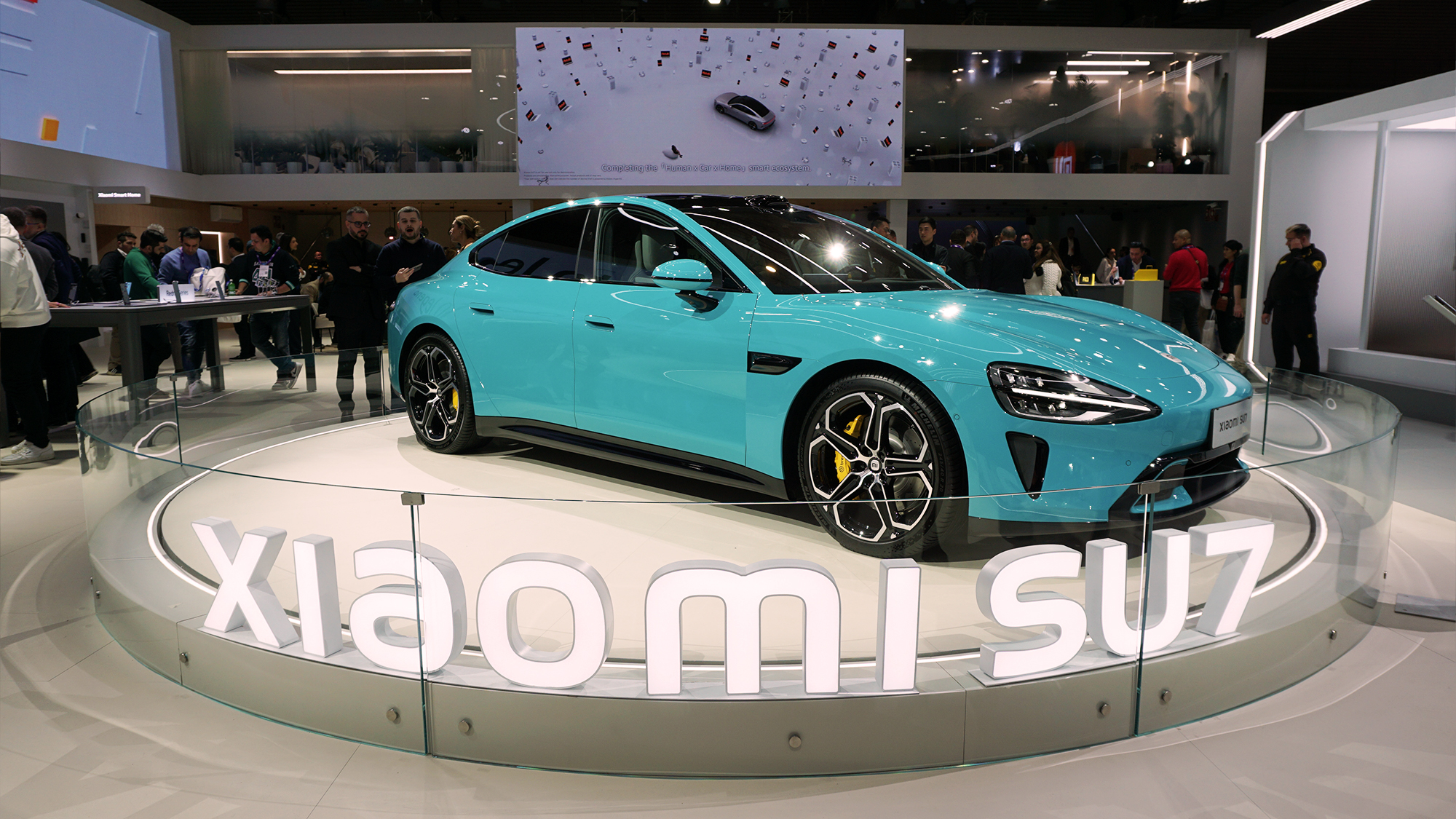
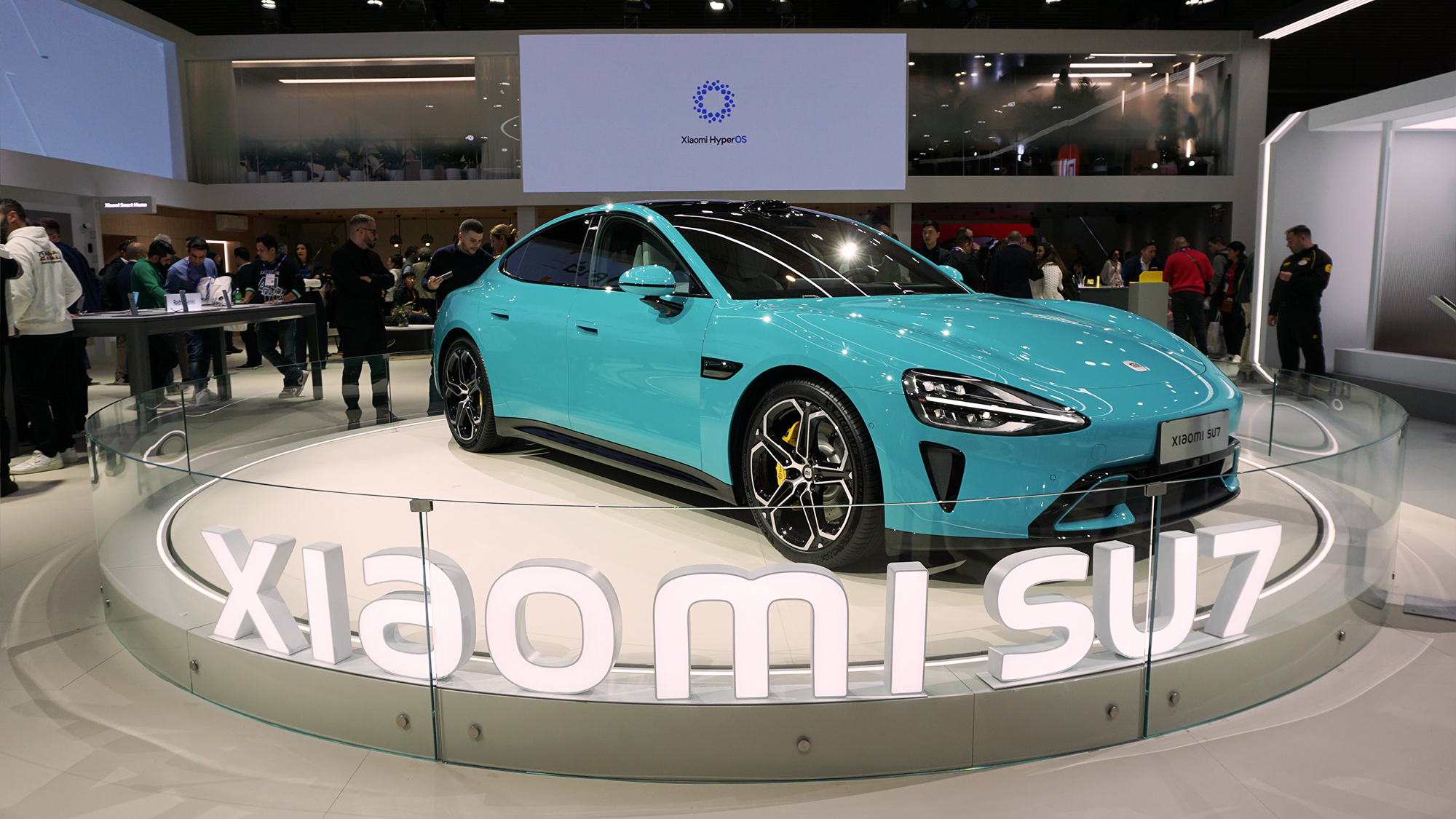
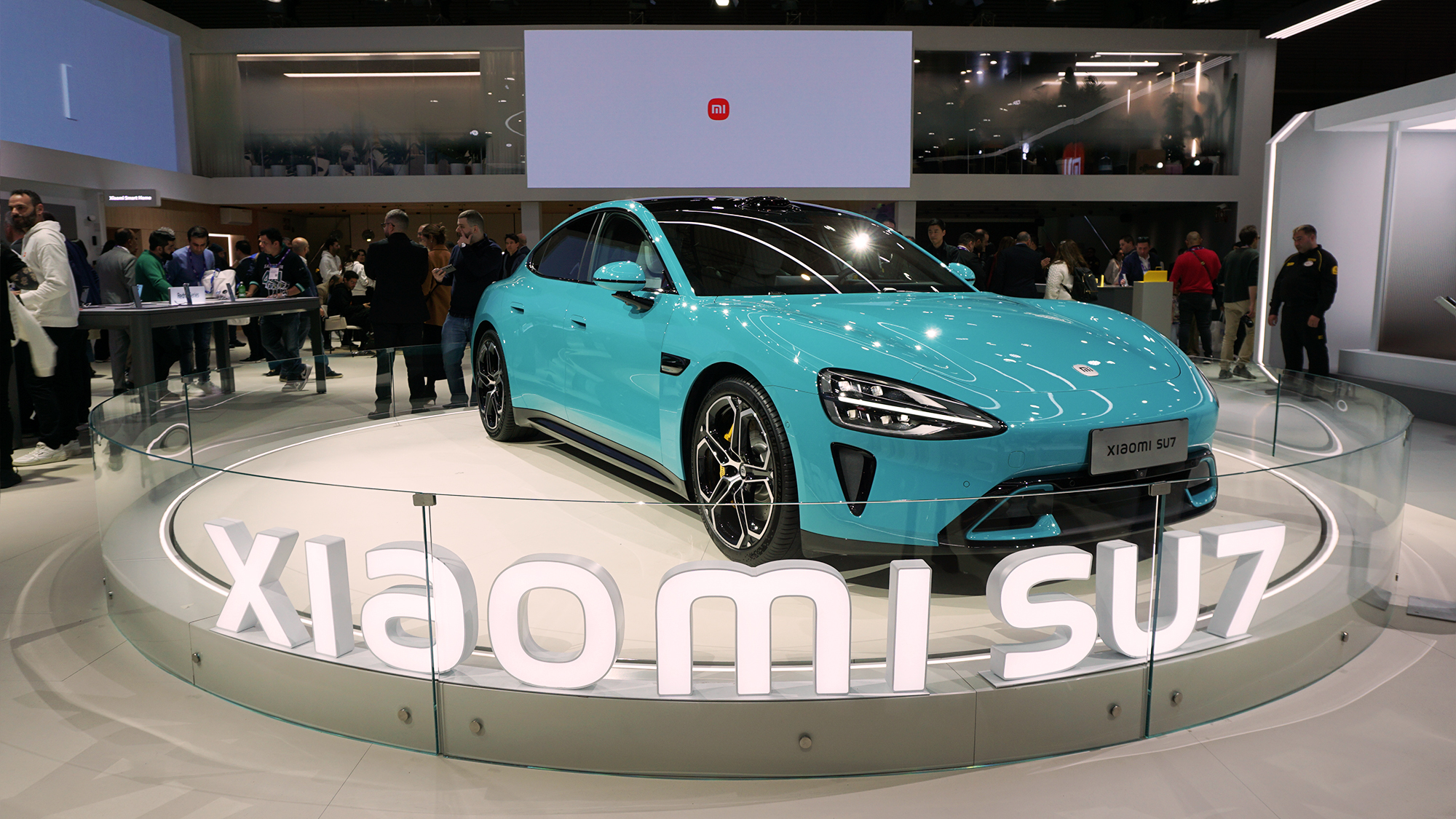
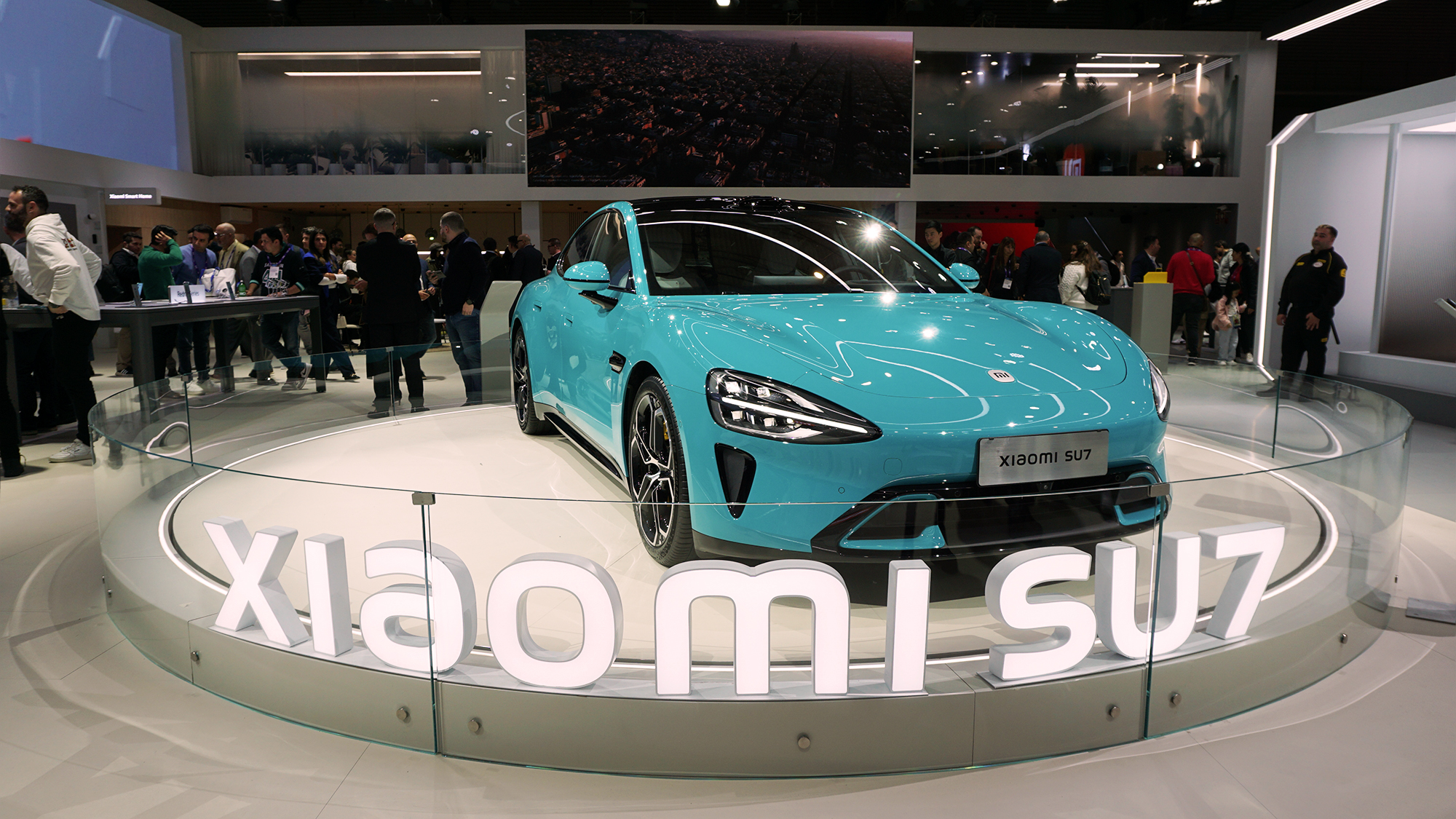
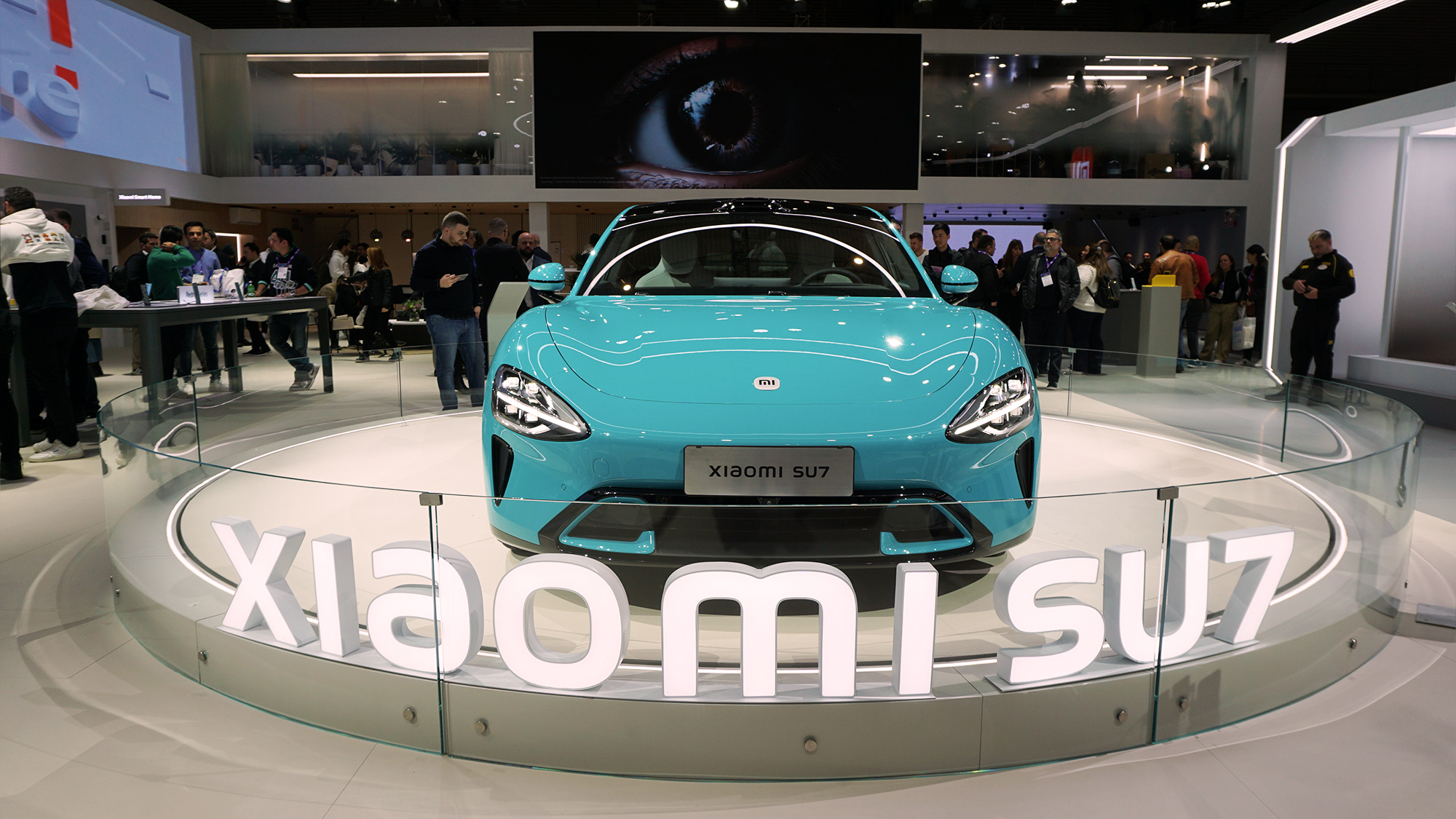
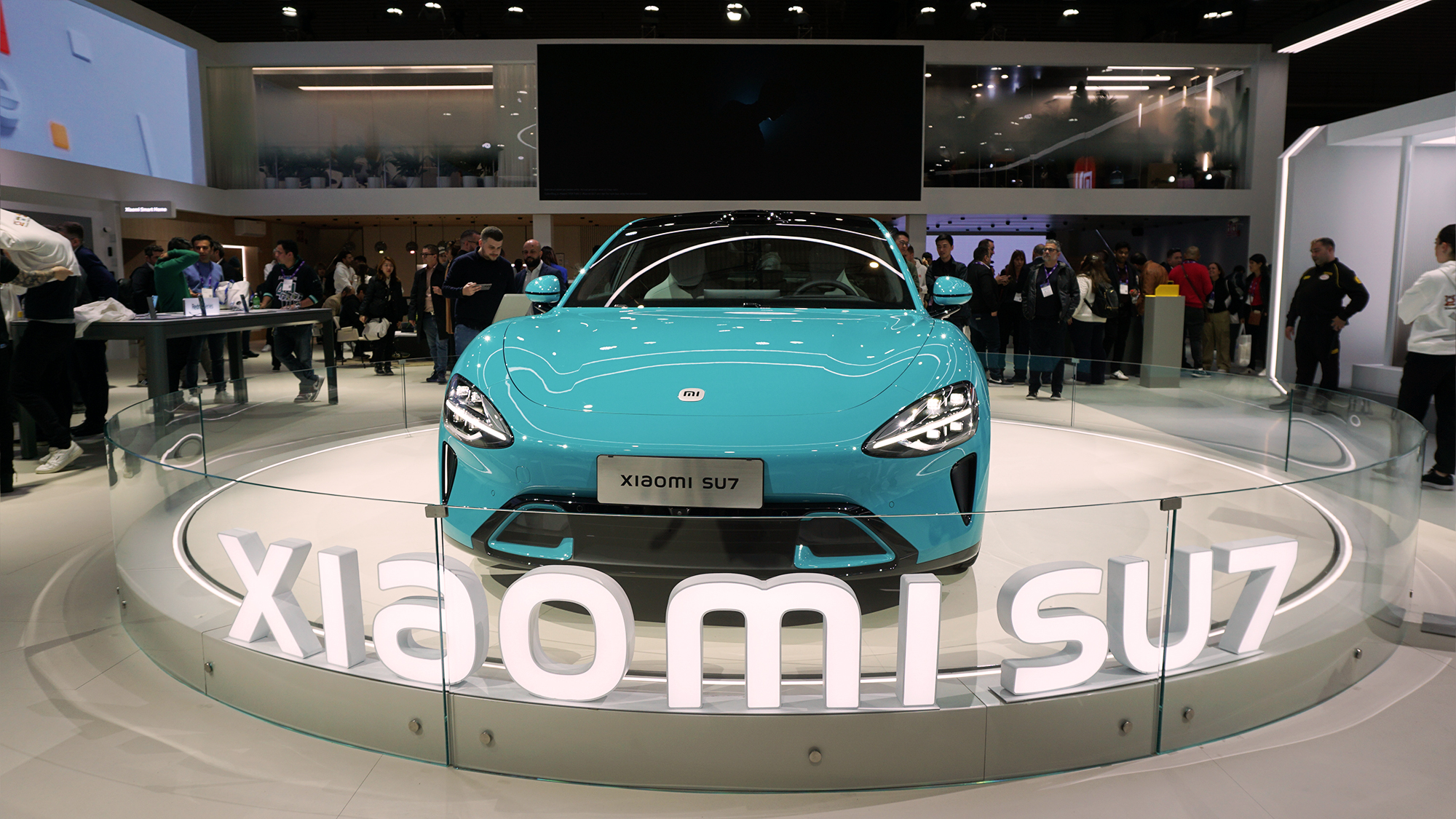
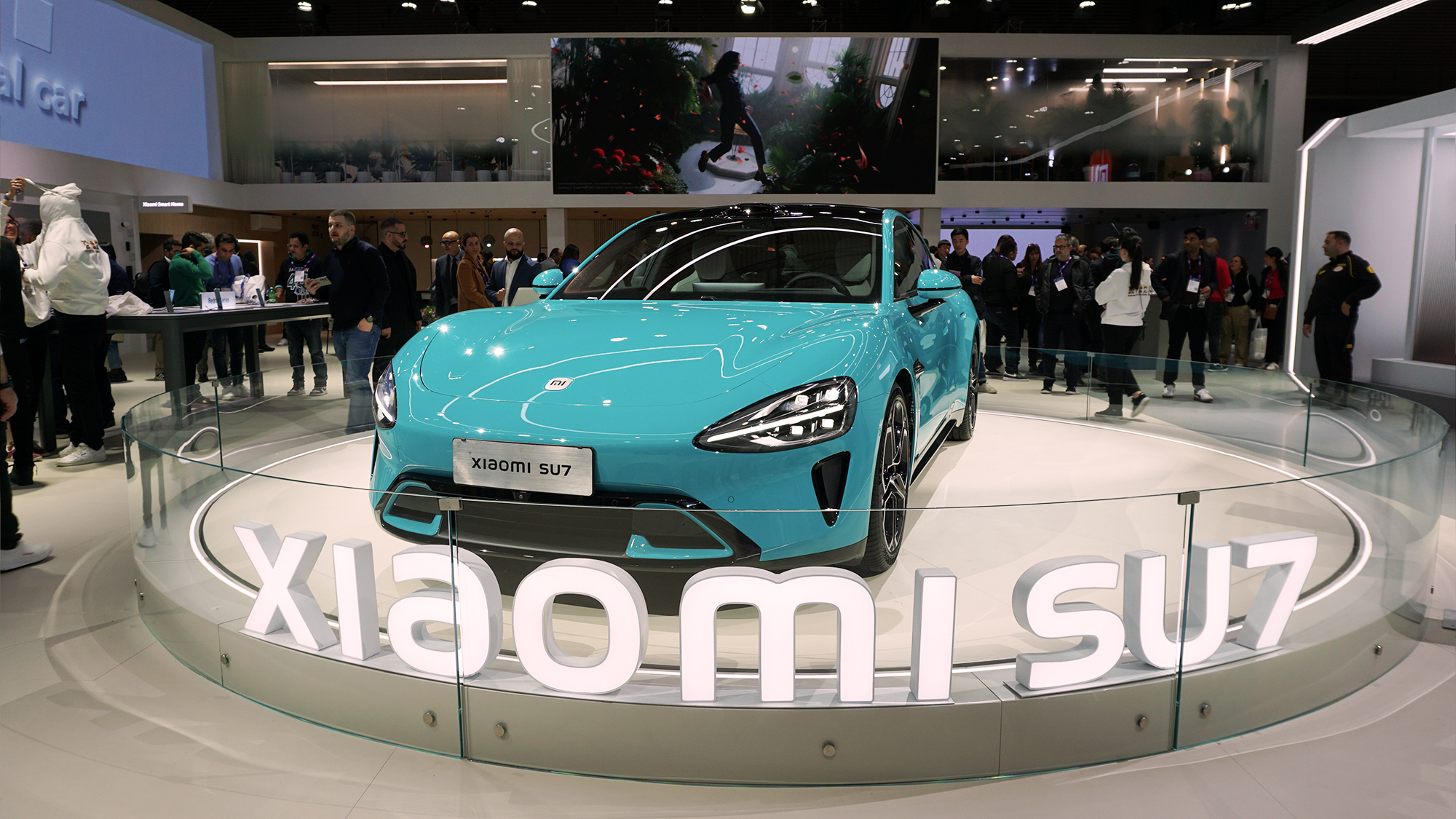
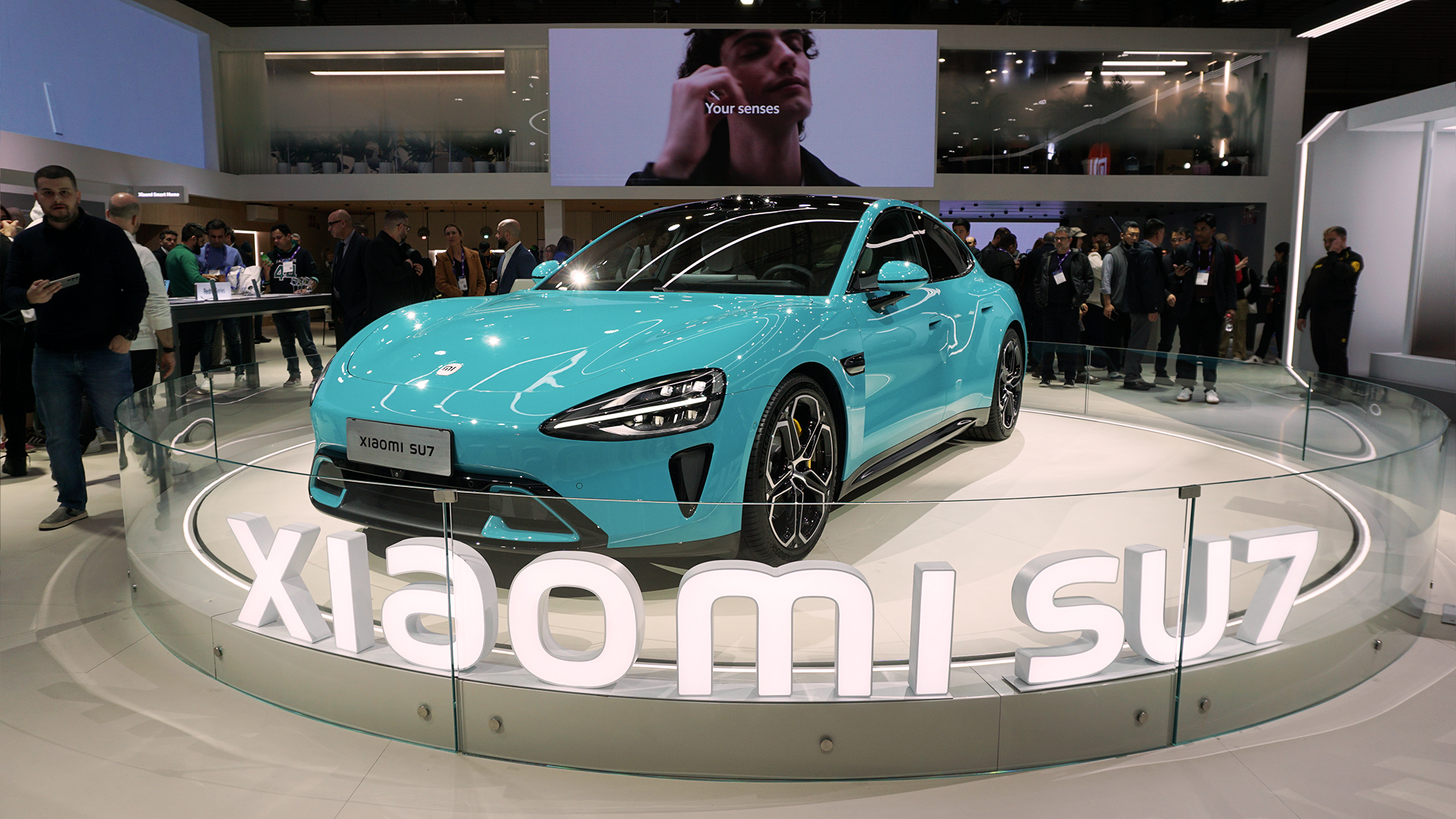
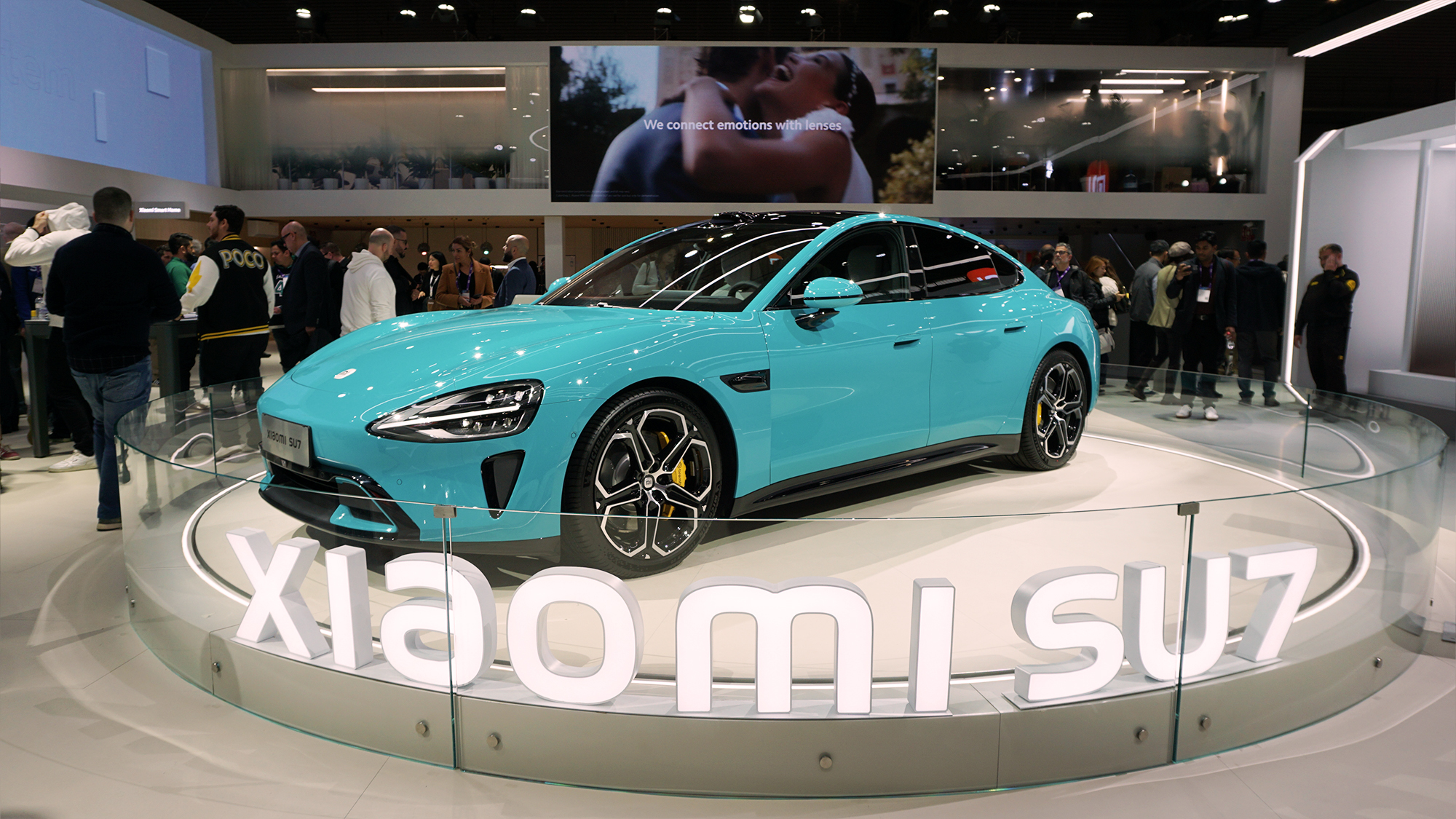
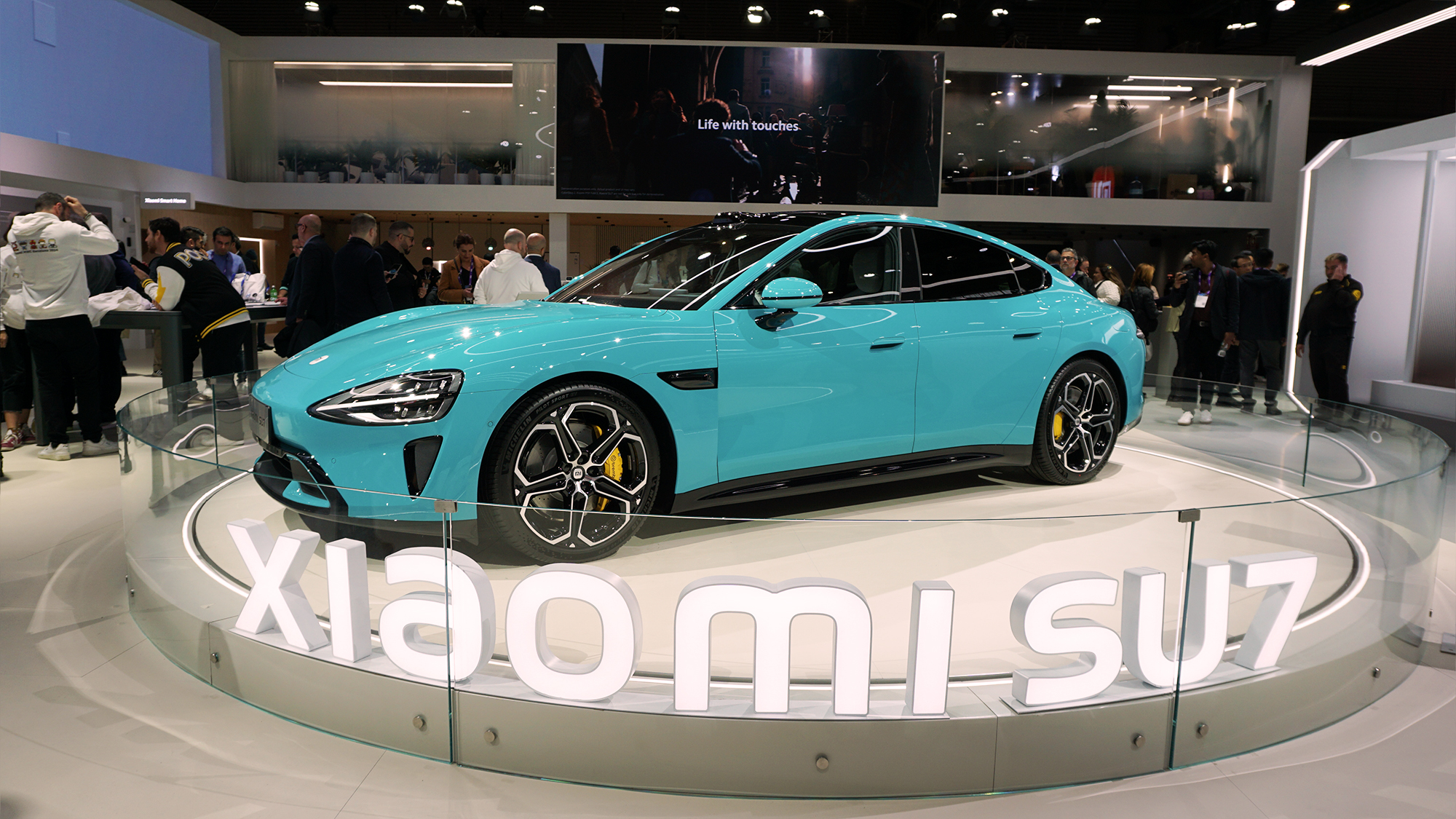
The SU7's cockpit experience is split across the 16.1-inch 3K central control panel and the 7.1-inch instrument display; all powered by a Qualcomm Snapdragon 8295 chipset. Beyond granting access to key road features like autonomous driving and self-parking, by running within the same ecosystem as its other products powered by HyperOS, Xiaomi says that interoperability – including screen mirror and easy pairing with accessories like Xiaomi-made smartwatches – should be seamless.
While we don't yet know just how nuanced the SU7's ecosystem integration will be, it unquestionably gives us an idea of what Apple might have been working towards with Project Titan: keyless entry with an iPhone or Apple Watch, onboard Siri, FaceTime and voice-dictated iMessage support, SideCar support between iPhone or iPad and Apple Car, and much more.
So, while Apple's plans to tackle the open road have been left sitting on bricks, for the curious smartphone fan who also appreciates automotive innovation and integration, Xiaomi SU7 is, for now, your best (and only) option.
More from MWC 2024

Alex joined as TechRadar's Senior Phones Editor in June 2022, but brings over a decade's worth of experience to the role, with an expertise in smartphones, tablets and wearables. He's covered keynotes hosted by the biggest brands and attended the launches for some of the most influential mobile products of the last few years. His experience was amassed at some of the most reputable consumer technology publications out there, including GSMArena, TechAdvisor and Trusted Reviews.